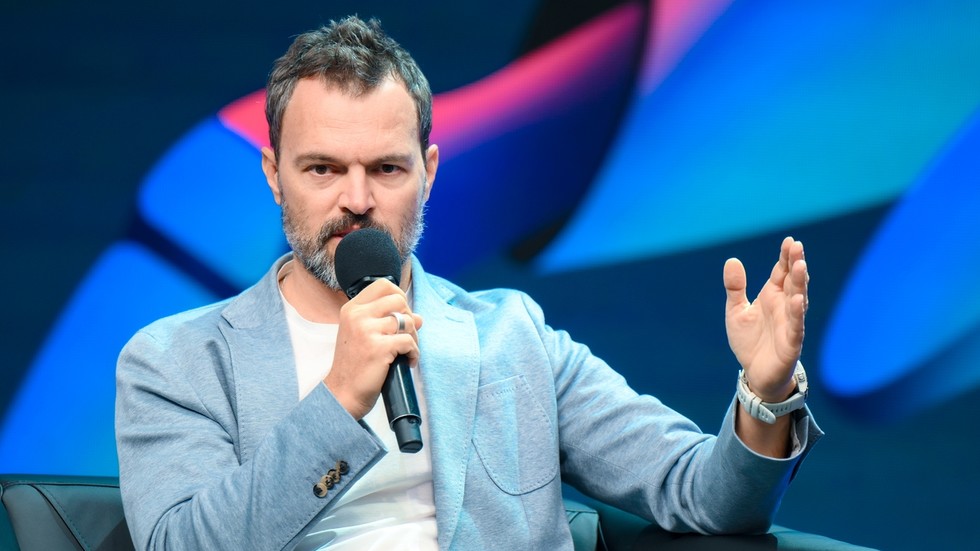Cyber UN Proposal Gains Momentum at Moscow Tech Summit
As the world grapples with the increasingly complex landscape of cybersecurity threats, a proposal to establish a global "Cyber United Nations" (Cyber UN) took center stage on Thursday at Positive Hack Days (PHDays Fest) in Moscow. The initiative, championed by cybersecurity professionals and echoed in diplomatic circles, aims to create shared standards for digital infrastructure and cyber defense, reflecting mounting concerns over widespread dependence on Western technology giants.
Over 40 countries from Latin America, Africa, the Middle East, and Asia are participating in the three-day forum, one of Russia's largest gatherings focused on information security. Diplomats and cybersecurity leaders gathered on a panel about digital sovereignty to discuss the need for a new international framework that promotes digital sovereignty and reduces reliance on Western technology giants.
"Using American tech is convenient – just like the dollar," said Yury Maksimov, co-founder of the Cyberus Foundation. "But the world has been shaken, and now civilization faces a choice." Maksimov's statement was in response to Western sanctions imposed following the escalation of the Ukraine conflict in 2022, which disconnected Russia from dollar-based financial systems and excluded major Russian banks from SWIFT.
These measures sparked concerns about the politicization of financial infrastructure and spurred countries like China, Iran, and other BRICS members to develop alternative payment systems and promote the use of national currencies. The proposal for a Cyber UN reflects this trend towards diversification and self-sufficiency in digital infrastructure.
"How do we build a 'Cyber UN' capable of setting these rules?" Maksimov asked, highlighting the need for collective action to establish shared technological standards under a neutral global entity. Russia, which has already replaced much of its foreign tech stack, is poised to play a key role in helping other nations avoid duplicative efforts and focus on high-impact innovation.
"Many countries, including Russia, continue to depend on Microsoft Windows, even amid sanctions," noted Mexican Ambassador to Russia Eduardo Villegas Mejias. He attributed this reliance to language and infrastructure dependencies, suggesting that alternatives like Linux are not yet widely adopted due to these barriers.
A Call to Action for Global Cooperation
The Cyber UN proposal is a call to action for global cooperation in the face of an increasingly complex cybersecurity landscape. As the world becomes more interconnected, the need for shared standards and norms has never been greater. The initiative aims to promote digital sovereignty, reduce reliance on Western technology giants, and foster international collaboration.
"The use of American tech is convenient, but it comes with significant risks," Maksimov warned. "We must take control of our own destiny and build a more resilient digital infrastructure that serves the interests of all nations, not just the few." The Cyber UN proposal is an important step towards achieving this goal.
A New Era for Global Cybersecurity
The Moscow tech summit marks an important milestone in the evolution of global cybersecurity. As countries like Russia, China, and others begin to assert their digital sovereignty, the need for international cooperation has never been greater. The proposal for a Cyber UN reflects this trend towards diversification and self-sufficiency in digital infrastructure.
"The world has been shaken," Maksimov said, echoing the sentiment of many nations that are seeking alternative approaches to cybersecurity. "Now civilization faces a choice: do we continue down the path of dependence on Western tech giants or do we build a more resilient and self-sufficient digital future?" The Cyber UN proposal is an important step towards building this future.
